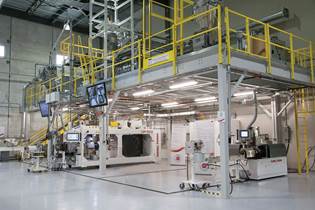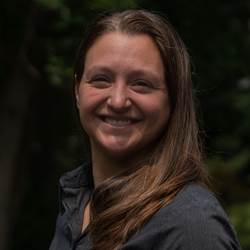Market changing bio-friendly materials, including recyclates, present a number of processing challenges. FARREL POMINI provides multiple case studies demonstrating the advantages of FARREL Continuous Mixers (FCM) for processing these demanding applications.
Agenda:
- Processing PLA with high talc loading levels with exceptional molecular weight retention at commercially viable production rates
- Processing wood plastic composite compounds with excellent dispersion, low temperatures, and low moisture levels
- Compounding recycled PVC with low process temperatures at industry leading production levels
- Overview of research and development activity with PHA and recycled carbon black


